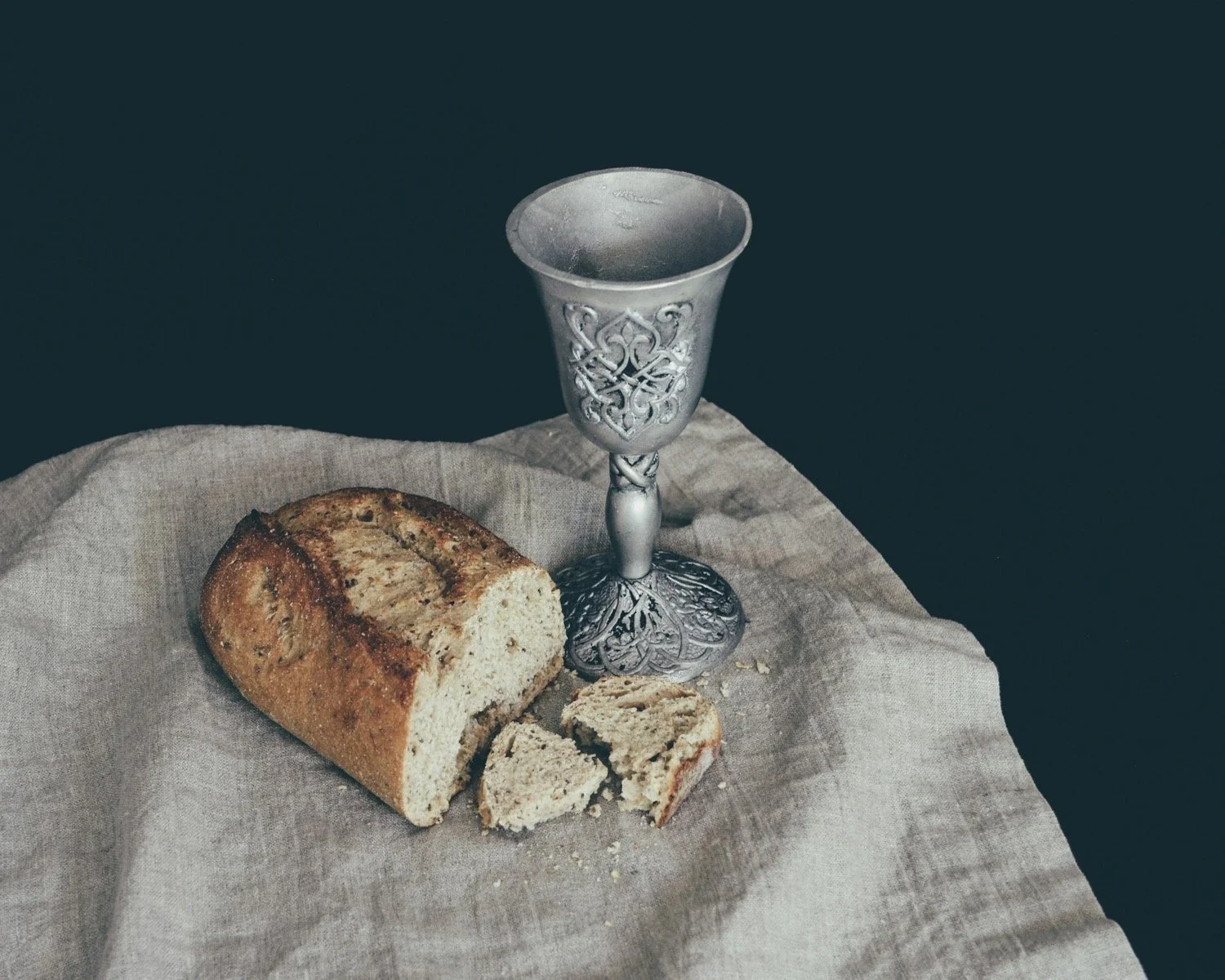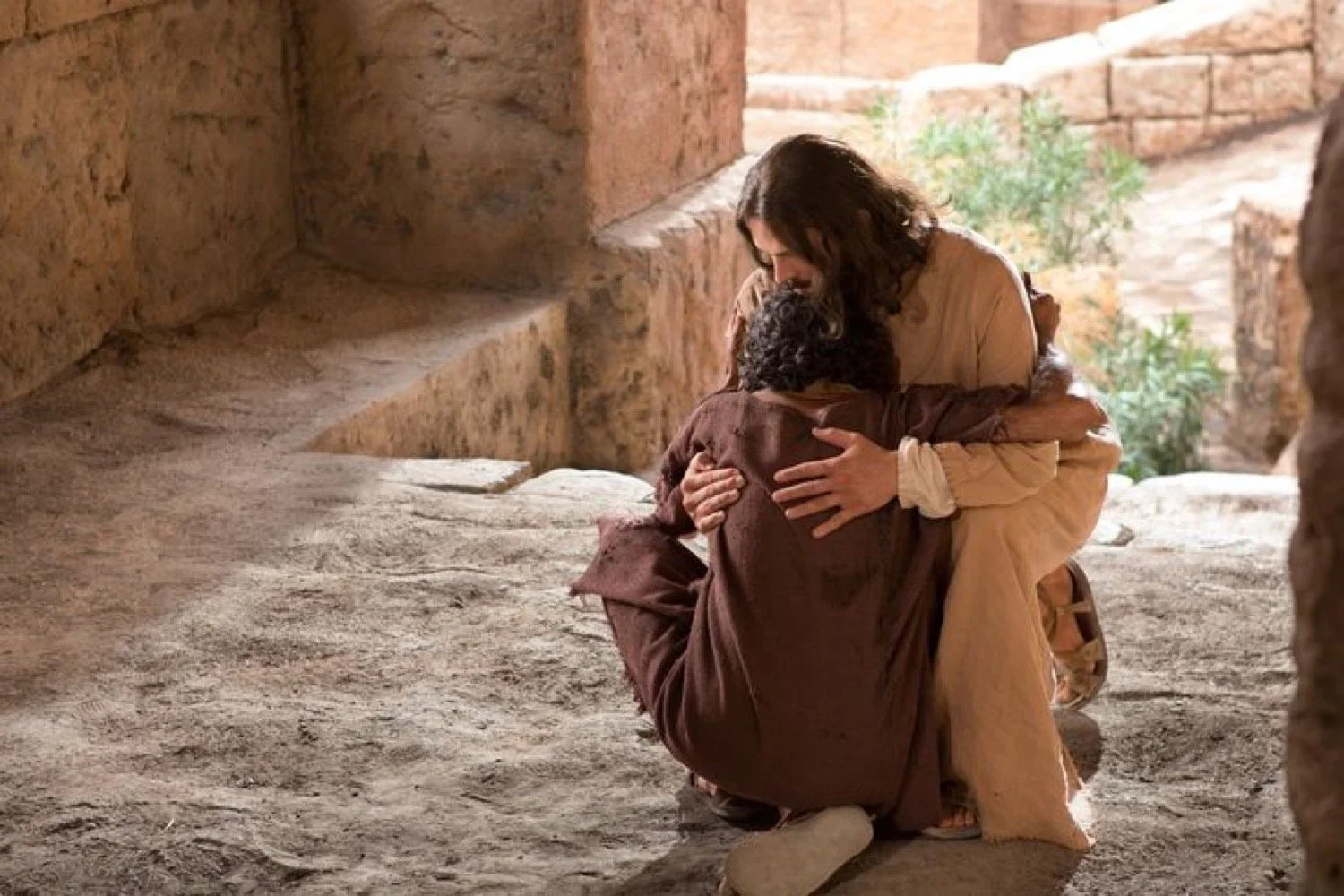Readings for today: 1 Kings 20-22, Psalms 100
What happens when you don’t get your way? What do you feel when your plan comes up short? How do you respond when things don’t quite go the way you want them to? When we are children, our parents did their best to teach us about the dangers of selfishness. When we would get angry or resentful or throw a fit, they would correct us. Teach us to share. Teach us to think about others. Teach us to consider the needs of those around us. For some reason, so many seem to forget these lessons when they become adults.
Ahab was a selfish man. Despite the incredible miracles God worked on his behalf, he became resentful and angry the moment things don’t go his way. The Syrian army comes against him and it looks like he is doomed. The numbers are not on his side. He doesn’t have the resources to succeed. But God intervenes and delivers the Syrians into his hands not once but twice! But rather than fully obey God by killing the Syrian king, Ahab makes a treaty with him and lets him go. When God confronts him, he doesn’t repent but instead goes home and pouts. It’s frankly embarrassing. The next chapter gets even worse. He looks out his palace window and sees a vineyard he likes. Despite the fact that he knows the ancestral laws of the nation of Israel regarding the inheritance God gave each tribe and each family, he tries to buy the vineyard from the owner. When Naboth refuses in an effort to remain faithful, Ahab once again grows resentful and angry. He actually goes into his room and pulls the covers over his head, refusing to eat. Again, his behavior is shameful and unworthy of the king. It also opens the door for his wife - a pagan woman named Jezebel - who shows no qualms in making sure Ahab gets what he wants. This, of course, leads to God’s judgment on Ahab and his family.
The opposite of the “God-centered” life is a “Self-centered” life. And the signs we have lapsed into a self-centered life are pretty clear. Anger. Resentment. Bitterness. Constant frustration. Anxiety. Fear. Worry. You name it. These feelings make it clear we are struggling to let go and walk with open hands before the Lord. The signs we are pursuing a God-centered life are equally clear. Love. Joy. Peace. Patience. Kindness. Grace. Forgiveness. Flexibility. Humility. When these things become evident in our lives, we can be sure we are living for God and not for Self. So where do you find yourself today?
Readings for tomorrow: 2 Kings 1-3, Psalms 101




